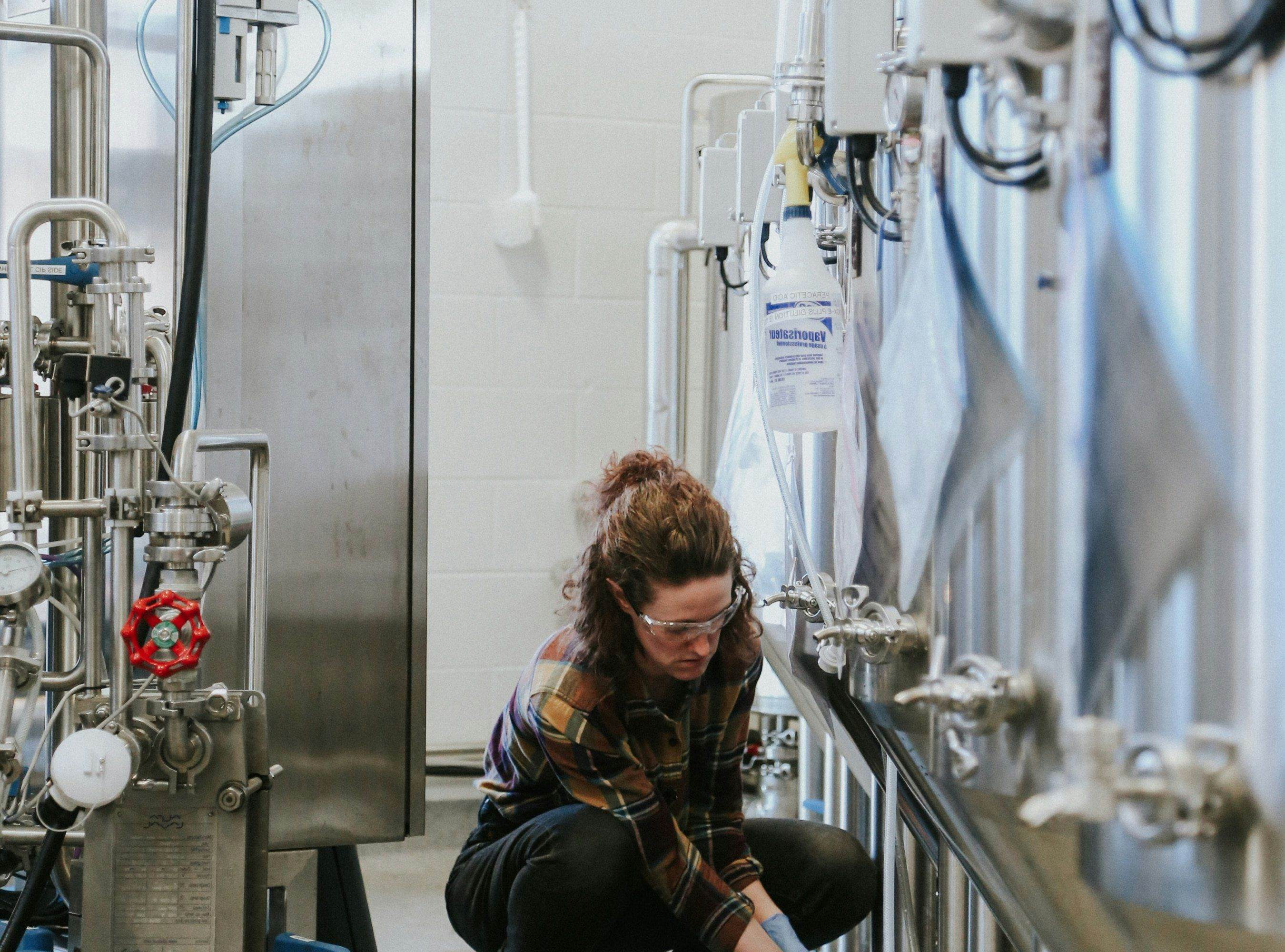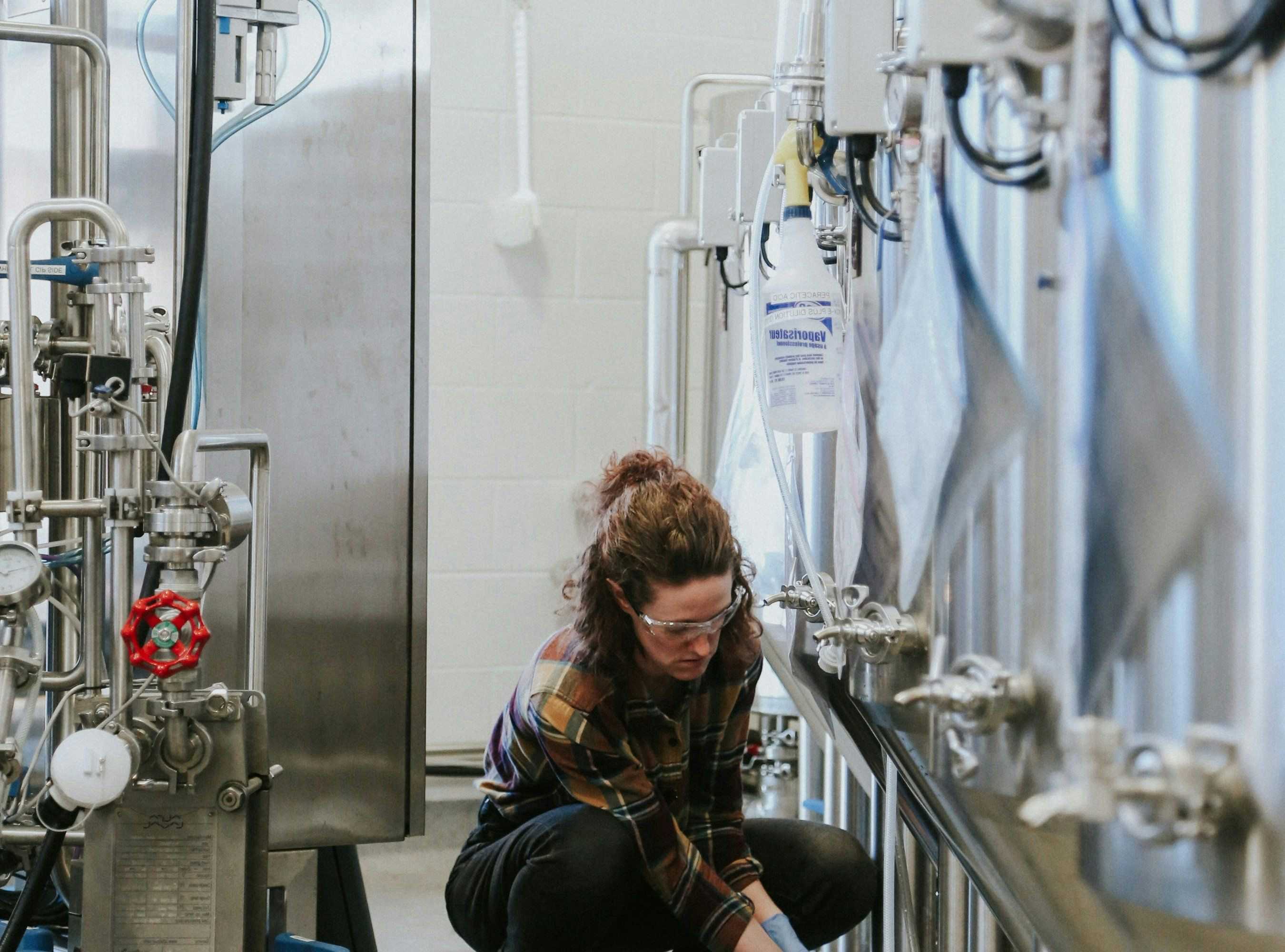According to the Midwest Center for Investigative Reporting, at least 4,585 of Tyson’s meatpacking workers across 15 states have been diagnosed with COVID-19. So far 18 have died. Now, the meatpacking giant, Tyson Foods, faces official complaints and allegations of negligence for how they have handled the coronavirus outbreak within their workforce.
After closing and cleaning a handful of its facilities, Tyson has announced company-wide employee temperature checks and installed plexiglass barriers, etc. in reopened plants. However, many will undoubtedly argue these safety precautions were too little, too late.
This story is unfolding daily. With so many Tyson plants with spiking infections, the company will likely become embroiled in negligence, regulatory, worker’s compensation, and even wrongful death legal battles.
COVID-19 Outbreaks at Tyson Foods Plants Nationwide
Across several states, the coronavirus numbers are bleak for self-professed “protein leader,” Tyson Foods. In an effort to avoid catastrophic food supply chain disruptions, its meatpacking plants were ordered to remain operational through the COVID-19 pandemic. However, the conditions in Tyson’s facilities have proven to be a breeding ground for rampant infection.
Iowa’s Waterloo Facility
In Iowa, 40% of employees at the company’s Logansport facility and 44% of workers at the Tyson Foods Waterloo facility tested positive for COVID-19 as of early May. In Black Hawk County, where the Waterloo plant is located, Tyson employees account for 90% of the entire county’s cases. A local long-term care establishment reported four infected employees, two with a “direct tie” to employees of the Tyson plant.
Three Iowa legislators filed an OSHA complaint against the Tyson plant in Waterloo, alleging Tyson failed to protect its workers from the risks of COVID-19 in the workplace. The complaint also cites the company’s failure to follow preventative guidelines from the CDC. This step was taken as debate rages in Iowa over calls to shutter the now reopened Waterloo plant.
Black Hawk County public health officials have yet to comment on whether any of the county’s 21 coronavirus deaths were Tyson employees. Iowa’s governor reports that 444 Tyson Waterloo plant employees have tested positive, while the Des Moines Register reports 1,000 positive employees.
Iowa’s Perry Facility
At the Tyson pork facility in Perry, Iowa, 730 employees have tested positive. This accounts for 58% of the plant’s workforce. This report came after the Perry plant had been temporarily shut down in April to undergo a deep cleaning. Iowa Governor Kim Reynolds called these cleanings “good faith efforts” by meatpacking companies to protect their workers.
Iowa’s Columbus Junction Plant
Another pork facility in Columbus Junction shut down in early April after two dozen employees tested positive for COVID-19. After deep cleaning, the plant reopened about two weeks later, with Tyson calling employees back to a workplace now equipped with infrared temperature-checking technology, plexiglass barriers, and masks and gloves at workstations.
Nebraska’s Dakota City Plant
A Tyson plant in Nebraska has also been hit with a wave of COVID-19 cases. The Dakota City, Nebraska Tyson beef plant reported 669 workers with coronavirus in late April. These Tyson employees represent 40% of the combined 2,949 total cases in Nebraska’s Dakota County and neighboring Woodbury County in Iowa.
Nebraska’s Madison Plant
Another Tyson meatpacking plant in Madison, Nebraska is linked to six cases as of May 10, 2020. There are also over 30 tests still pending for additional employees and their family members. As a result, operations have been suspended until conclusive testing and thorough cleaning are complete.
Amarillo, Texas Plant
At the Amarillo, Texas poultry processing plant, employees were offered $500 bonuses and $30 daily bonuses to continue to work at the plant. The facility is linked to 56 COVID-19 cases, 33 of which are Tyson employees who live in tiny, rural Shelby county with a population of 25,400 people. Neighboring DeSoto parish in hard-hit Louisiana where many plant workers live, has approximately 180 confirmed cases and 10 deaths. In mid-April, Tyson closed the Amarillo plant temporarily—for new equipment installation, said the company via a Facebook post.
Carthage Plant in Texas
A Panola County judge confirmed the Carthage, TX Tyson Foods plant has 22 cases of coronavirus. The facility has not been closed.
Wallula (Pasco) Plant in Washington
Washington State, home to an early coronavirus-19 infection cluster, also has a problematic Tyson plant. As of April 25, 110+ employees at the Pasco, WA beef slaughter and processing plant had tested positive for the virus. Tyson declared it would implement additional safety measures to avoid shutting down. However, the county health director has stated, “It’s just pretty much the perfect breeding ground for COVID-19 and a complete public health nightmare.”
Logansport Plant in Indiana
In Logansport, Indiana a Tyson Foods pork processing plant has 900 COVID-19 cases. The facility has voluntarily shuttered for two weeks. The company will work with Cass County health authorities on a plan for reopening.
Goodlettsville Plant in Tennessee
In Goodlettsville, Tennessee, a Tyson plant currently faces 298 coronavirus cases. The Nashville and Davidson County’s Metro Public Health Department reported the majority of new cases were confirmed in the past three weeks.
Wilkesboro Plant in North Carolina
A Tyson Foods plant in Wilkesboro, North Carolina is temporarily closed due to a coronavirus outbreak. The number of confirmed cases linked to the facility has not been released.
Temperanceville Plant in Virginia
Amidst rising COVID-19 infections across poultry plants on Virginia’s eastern shore, Tyson closed their Temperanceville, VA plant over a weekend in late April to conduct a deep cleaning.
Robards Plant in Kentucky
After 74 Tyson employees tested positive for COVID-19 at the Robards plant in Kentucky, Tyson closed for four days to undergo a deep cleaning. The company reported it was issuing $500 bonuses to employees continuing to work.
Lake Cumberland Plant in Kentucky
The Tyson plant in Lake Cumberland, Kentucky has 2 confirmed cases of coronavirus. This was confirmed by the Kentucky Department for Public Health. The plant has not been closed.
Portland Plant in Maine
After 51 employees tested positive at Tyson’s Portland, ME plant, the facility was temporarily shut down to undergo a deep cleaning. The company reported additional protective measures such as dividers between employees and face masks upon reopening.
Camilla Plant in Georgia
Tyson confirmed the deaths of 4 employees from their Camilla, Georgia plant. Thus far, the plant has not been closed.
Joslin Plant in Illinois
The Rock Island County Health Department confirmed 92 coronavirus cases and 2 deaths linked to the Tyson plant in Joslin, IL. The Joslin plant has not been closed.
Emporia Plant in Kansas
34 coronavirus cases have been confirmed at the Tyson plant in Emporia, KS. The facility has not been closed.
Carthage Plant in Mississippi
A Tyson plant in Carthage, MS has reported 42 employees infected with COVID-19. There are also 65 employees currently quarantined. The plant has not closed.
Forest Plant in Mississippi
A Tyson plant in Forest, MS has reported 5 employees infected with COVID-19. The plant has not closed.
St. Joseph Plant in Missouri
COVID-19 cases were confirmed at a Tyson location in St. Joseph, MO. The exact number of infections has not been released.
Under a Shadow of Negligence
Negligence lawsuits loom large over Tyson for how it has handled the COVID-19 crisis. Across the board, Tyson employees claim the company did not notify them about coworkers becoming sick with COVID-19 until it was too late to take precautions. Some employees say the company intentionally hid the news from them so they could continue to operate. Employees have also claimed that the company did not provide masks to employees until the virus had already taken a foothold within plants.
The timing and safety surrounding reopening Tyson plants is likely fodder for future negligence and worker’s compensation allegations. Hasty ‘deep cleanings’ and abundant COVID-19 cases across the workforce is concerning for those communities and related officials. As one Black Hawk County supervisor commented “It’s surprising to hear those [high] numbers [of infections] on the same day they’re reopening the plant.”
Tyson’s Questionable CDC Compliance
Tyson will very likely face claims of failure to comply with the Centers for Disease Control and Prevention (CDC) guidelines for essential businesses during the public health crisis. In meat and poultry plants, employees work in extremely close quarters where airborne viruses can be easily transmitted if social distancing and other measures are not adopted. Employees work elbow-to-elbow as they process thousands of animal products a day. Timecard processes also draw large groups of employees as they must clock in and out of work. Tyson’s lack of safe social distancing in its plants will be a common complaint against the company in legal battles.
Meatpacking Plants & Liability Shielding
It should be noted that when President Trump invoked the Defense Production Act to order meat plants to stay open he commented that his executive order would “… solve any liability problems.” This liability shield remains to be seen but Republican lawmakers are in hot pursuit of official protections to ward off onslaughts of COVID-19-related litigation as businesses reopen.
But the language surrounding a potential liability shield may be intentionally vague according to Cornell Law School professor Brad Wendel. Business owners already have a shield in the form of workers’ compensation. Professor Wendel explained that distributing protective equipment and enforcing social distancing protects employers from liability. In this scenario, further protections could be a guise for pursuing long-embattled tort law reform.
Expert Witnesses for Meatpacking Litigation
To address the legal conundrums of the COVID-19 outbreak, counsel will require the assistance of expert witnesses. Food safety experts with experience in the meatpacking industry will be essential to help juries and regulatory agencies understand just what standards apply to this novel situation. So too will health and safety experts and infectious disease experts, as the factual issues around implementation of CDC guidelines promise to be bountiful. These experts may also opine on the mechanics of how COVID-19 can spread in an environment such as a meatpacking plant and where employee protection was lacking. For sick workers who plan to file worker’s compensation lawsuits, an expert in worker’s compensation claims will be necessary to fortify their case.
Expert Witness Specialty Index
Speak with an occupational health and safety expert about Tyson plant safety conditions during COVID-19.
Explore a sample of our expert network.

E-395987
Industrial Hygiene and Occupational Safety & Health Expert Witness | Wyoming

E-670964
Work Zone Safety, Mining, and Traffic Construction Expert Witness | North Carolina

E-363981
Occupational Health and Safety & Risk Management Expert Witness | Ontario

E-407234
Occupational Safety and Health Expert Witness | Massachusetts

E-586338
Coefficient of Friction Testing Expert Witness | Texas

E-163839
Commercial Insurance and Occupational Safety Expert Witness | Montana

E-346465
Occupational Health & Safety Expert Witness | California

E-074036




